The victory of Alberto Fernández in the PASO has generated a financial, social and political earthquake in Argentina. Who is Fernández, and what would his victory mean for the crisis-worn South American country?
Argentina’s internal political context
Fernández’ incumbent opponent, Mauricio Macri, was likely surprised that, after the economic and social disasters of left-wing Peronism (also known as Kirchnerism), it could again inspire the majority of Argentines hoping to reverse the political-economic situation facing the country. However, Macri’s center-right government has itself failed economically, despite having the political and economic support of international entities such as the IMF. Inflation grew more than 50% during his tenure, while the standard of living for ordinary Argentines decreased dramatically.
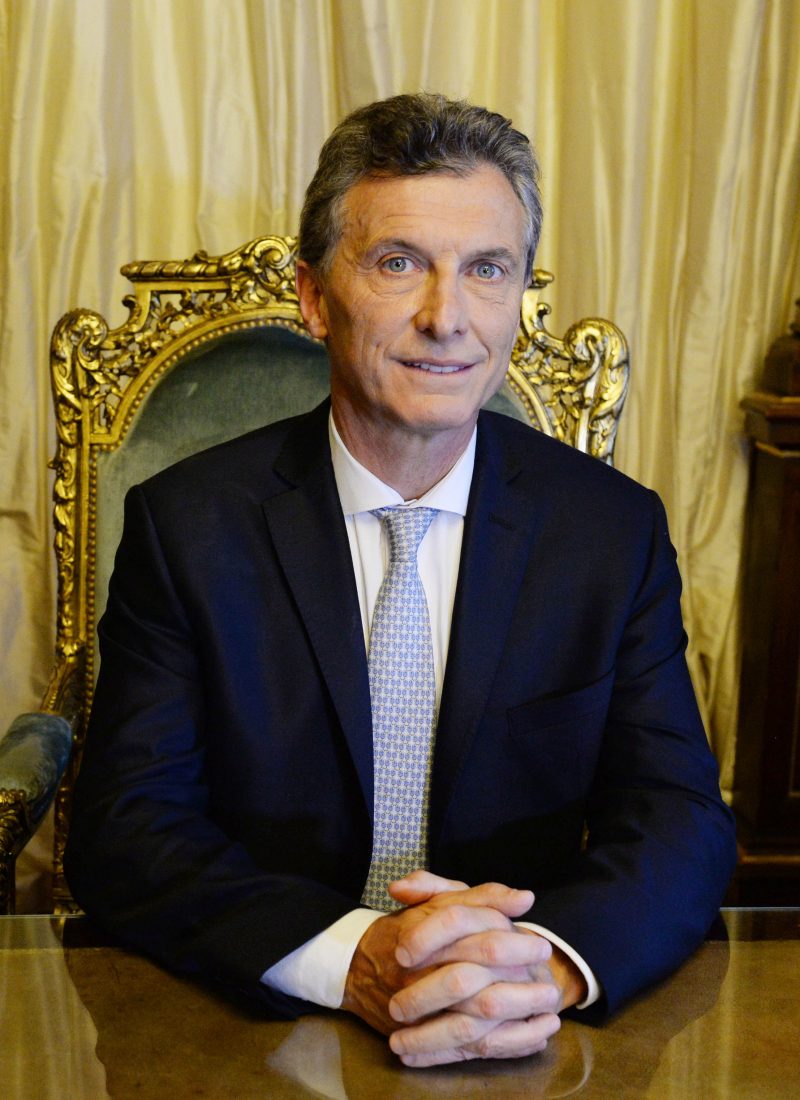
Wikipedia
The Peronist opposition is itself fragmented ideologically. At present, Peronism no longer represents only the nationalist line defended by Perón and his wife Eva that had evoked tradition, national values and the power of the working class… since the 70s, it has assumed separate ideological aspects that have varied from admiring the Socialist government in Cuba, to pushing liberal centrism in the economic sphere.
The strategy of today’s Peronism was finding a candidate that could attract the sector of Argentinians unhappy with the Macri government, even if they still have misgivings from the previous Kirchner government. This is how a little-known candidate like Alberto Fernández ended up being chosen to run for president alongside former Argentine President Cristina Fernández de Kirchner, about whom many among the population still have mixed feelings.
Nonetheless, the Peronist ticket proved successful and, although the results are not yet binding, Macri’s defeat could very likely repeat in the next round of the elections in October. Fernández has clarified that: “We do not come to restore any regime, but to create a new Argentina in which the cracks, divisions and revenge will end,” trying to ward off any fear from those who have misgivings over the political and social abuses brought about Kirchnerism in the past.
Who is Alberto Fernández?
Alberto Fernández is a Peronist lawyer who began his political career in the mid-80s but started accumulating fame in the year 2000 after becoming a legislator in Buenos Aires for former Minister of Economy Domingo Cavallo’s party. From that point on, he became an increasingly important figure in the Peronist political sphere, eventually obtaining a position as Chief of Staff in 2003 under Néstor Kirchner’s government. Later, after Cristina Kirchner’s second term, Alberto Fernández resigned from his position due to tensions that arose concerning the government’s policies in the Argentine countryside. From that moment, he started to move away from Cristina’s version of Kirchnerism and even became a critic of her government.
A few months ago when asked about his ideology, Fernández defined himself as a liberal Peronist progressive. He argued against looking toward Cuba as an exemplar, and said he instead plans to look toward Finland or Norway, as these countries not only educate young people, they give certainty to adults, as well as dignity and security to their elders.
His ideology is certainly reflective of his political contacts within Cavallo and Menem’s spheres. He was also a crucial figure in the “Calafate” progressive Think Tank. According to some journalists, when he was chief of staff for Cristina Kirchner, he had close relations with the Clintons through the US embassy as a part of efforts to achieve a rapprochement with the Obama administration.
What awaits Argentina internationally?
The Peronist forces in Argentina understand that they do not have a great deal of trust internationally… for this reason, the campaign has attempted to put out a more moderate and diplomatic image on the international level. It is necessary to mention that, as Fernández moved away from Kirchnerism, he specifically criticized the former government’s relations with Venezuela and Iran.
Regarding Venezuela, Fernández has distanced himself from Maduro’s government, even saying in a recent interview that Venezuela needs a way out of it through dialogue and a return to participatory democracy, although he paradoxically suggested that this should be done with the participation of other countries of the region. This process should not include interference from the US, China, Russia or Cuba. He has also accused the Venezuelan government of violence and abuse of authority. These statements surprised leftist voters who thought that Fernández would give in to Kirchner’s favorable view of Chavismo. This enraged the Chavistas who, despite congratulating the Peronist coalition, warned Fernández that their support has limits. On the other hand, Maduro’s Washington backed opponent Juan Guaidó continues to voice his support for Macri.
In regard to economic questions, there have been several contradictory statements made, although clearly, the impact on the Argentine economy has been negative. On the one hand, the result of the elections led to a 38% fall in the Argentine stock market due to investors fears of what the Fernández government might do if its victory is repeated in October. On the other hand, the New York Times and other international media sources have attributed the current economic crisis in Argentina to Macri’s poor management. They did not, however, mention the importance of international perception and the benefits of international finance in coping with the crisis. Faced with 57 million dollars in IMF debt, Fernández said he would assume the responsibility of paying it in a way where the adjustment would not affect the salaries of ordinary Argentinians. The comment led Argentine bonds to fall even further.
Concerning the Mercosur trade bloc’s potential free trade agreement with the EU, Fernández does not fully share the catastrophic opinion of former Kirchnerism. The former minister of economy of Kirchnerismo, Axel Kicillof, felt that it would lead Argentina to deindustrialization and tragedy. Fernández has taken a more cautious stance, saying he believes in a free trade agreement between Europe and South America as long as it is thoroughly reviewed. Fernández said he would not discard the agreement with the European Union, but would instead bring it out into the open, publically reviewing it and converting it into a balanced program where Mercosur receives the same benefits as the EU.
In regard to Brazil, however, Fernández has made strong criticisms of current President Jair Bolsonaro. Fernández has described Bolsonaro as a misogynist, racist and violent, but believes these are circumstantial issues that should not affect economic freedoms between the countries, something that Bolsonaro had put in doubt, despite insisting on being open to dialogue. Recall that Argentina and Brazil are each other’s largest trading partners, boasting the highest GDPs and influence in Mercosur.
When it comes to China, Beijing’s closeness to Kirchner’s government is well known. Fernández agrees with his potential vice president that China can serve as a crucial financing actor for Argentina. They are not only interested in various Chinese investments, but also of the domestic agricultural market. Argentine media has also indicated possible opportunities of working with the People’s Bank of China, something already being discussed informally at the Chinese embassy in Buenos Aires by the winning candidates.
Hostilities with the United States are certainly possible as a result of rapprochement with China., despite that Fernández has no direct intention of antagonizing the North American superpower. His declaration in support of a “peaceful exit” from the Chavista regime found support in the US, despite that it might eventually cause internal problems with his own vice presidential candidate.







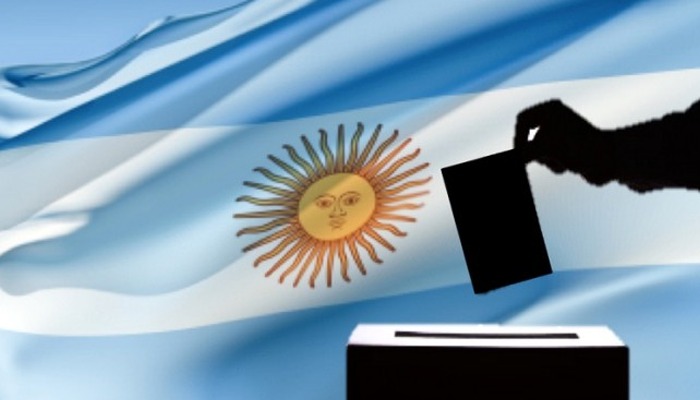




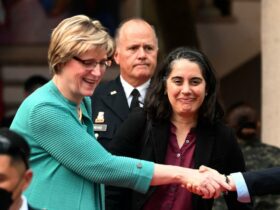
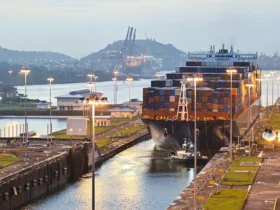
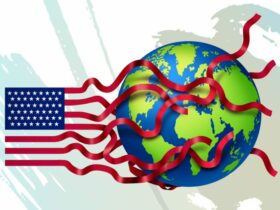

Leave a Reply